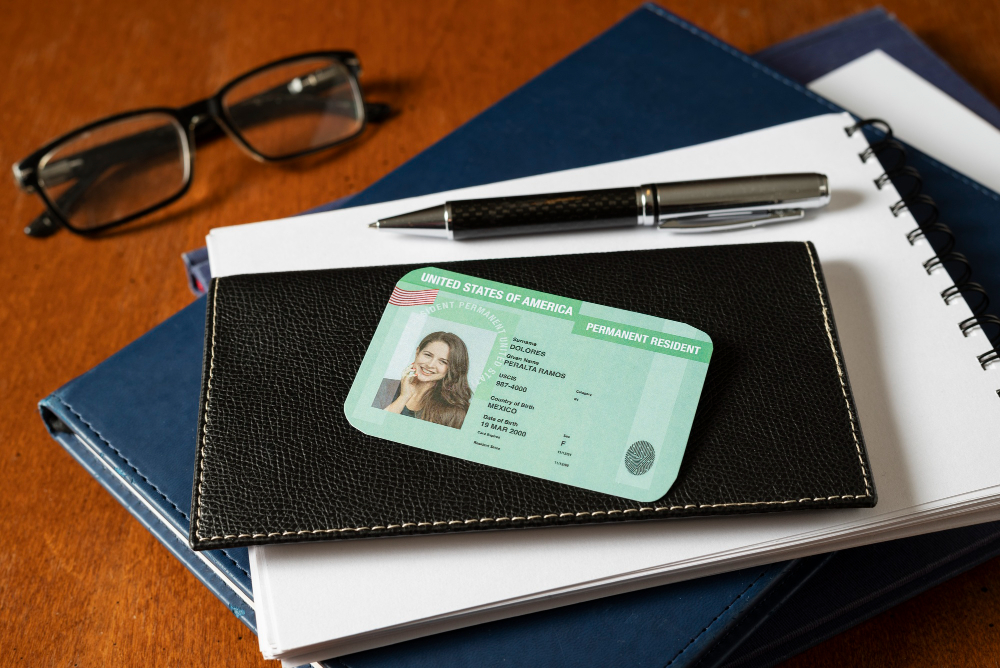KITAS vs ITAS: Key Differences, Requirements, and Implications for Corporate Citizenship
Table of Contents
- KITAS vs. ITAS: What’s the Difference?
- Key Difference 1: Purpose and Eligibility
- Key Difference 2: Duration and Renewal Processes
- Key Difference 3: Sponsorship Requirements
- Key Difference 4: Financial and Tax Implications
- Key Difference 5: Impact on Corporate Citizenship
- Key Difference 6: Travel Flexibility (MERP)
- Key Difference 7: Path to Permanent Residency
- Step-by-Step Guide to Choosing Between KITAS and ITAS
- Common Mistakes Companies Make
- How Documenta.id Streamlines Compliance
KITAS vs. ITAS: What’s the Difference?
Indonesia’s immigration system offers two primary permits for foreign workers: KITAS (Kartu Izin Tinggal Terbatas) and ITAS (Izin Tinggal Terbatas). While both are temporary stay permits, their legal frameworks, requirements, and implications for corporate citizenship differ significantly.
According to the Directorate General of Immigration Indonesia, over 60% of companies mistakenly apply for the wrong permit, leading to delays or penalties.
Key Difference 1: Purpose and Eligibility
- KITAS: Designed for employment, business ownership, or family reunification. Requires sponsorship from an Indonesian entity (employer, PT PMA, or spouse).
- ITAS: A broader permit for non-work purposes, such as retirement, education, or religious activities. No local sponsorship needed.
Corporate Impact: Using ITAS for employment violates Indonesia’s Manpower Law (UU 13/2003), risking fines up to IDR 100 million.
Key Difference 2: Duration and Renewal Processes
- KITAS: Valid for 6–12 months, renewable annually for up to 5 years. Requires updated sponsorship documents.
- ITAS: Typically issued for 6 months, non-renewable. Applicants must reapply from abroad.
Pro Tip: Renew KITAS 60 days before expiry to avoid work interruptions.
Key Difference 3: Sponsorship Requirements
- KITAS: Mandates a local sponsor (company, PT PMA, or spouse) to handle paperwork and compliance.
- ITAS: Self-sponsored; applicants only need to prove financial stability (e.g., pension funds or scholarships).
Case Study: A Jakarta tech firm faced a 6-month operational freeze after using ITAS for foreign developers.
Key Difference 4: Financial and Tax Implications
- KITAS Holders: Taxed as residents after 183 days in Indonesia. Must file monthly reports (Article 21) and obtain an NPWP.
- ITAS Holders: Exempt from income tax if staying under 183 days annually.
Legal Note: Misclassifying employees under ITAS triggers audits under Tax Regulation PER-43/PJ/2022.
Key Difference 5: Impact on Corporate Citizenship
Corporate citizenship hinges on legal compliance and social responsibility. Using KITAS correctly:
- Boosts reputation with regulators and investors.
- Ensures eligibility for government tenders (e.g., projects requiring PKP-certified companies).
- Avoids penalties under the Anti-Corruption Law (UU Tipikor) for visa fraud.
Key Difference 6: Travel Flexibility (MERP)
- KITAS: Eligible for a Multiple Exit Re-Entry Permit (MERP), allowing unlimited international travel.
- ITAS: Single-exit permits only; leaving Indonesia cancels the visa.
Cost: MERP fees range from IDR 500,000–1,000,000.
Key Difference 7: Path to Permanent Residency
- KITAS: After 3+ years, holders can apply for KITAP (Permanent Stay Permit).
- ITAS: No pathway to permanent residency.
Step-by-Step Guide to Choosing Between KITAS and ITAS
- Assess Purpose: Employment → KITAS; non-work → ITAS.
- Verify Sponsorship: Partner with a compliant Indonesian entity for KITAS.
- Plan Long-Term: Opt for KITAS if aiming for KITAP.
- Consult Experts: Use services like Documenta.id to avoid misclassification.
Common Mistakes Companies Make
- Using ITAS for Employment: Leads to deportation and blacklisting.
- Ignoring MERP Requirements: Strands employees overseas.
- Poor Record-Keeping: Fails audits by the Ministry of Manpower.
How Documenta.id Streamlines Compliance
Navigating KITAS/ITAS complexities requires expertise. Documenta.id offers:
- Visa Classification Audits: Ensure the right permit for each employee.
- End-to-End Processing: From sponsorship setup to KITAP conversion.
- Compliance Training: Educate HR teams on UU 13/2003 and tax laws.
👉 Avoid Costly Errors—Let Documenta.id Manage Your Permits
Final Checklist for Corporate Citizenship
✅ Classify employees correctly (KITAS vs. ITAS).
✅ Renew permits and MERPs on time.
✅ Partner with Documenta.id for stress-free compliance.
Need Assistance?
📞 Call +62 851-8322-7997 or 📧 halo@documenta.id for a free consultation.
Still confused about KITAS?
Click the tombol on the right to Ask the Documenta Team











